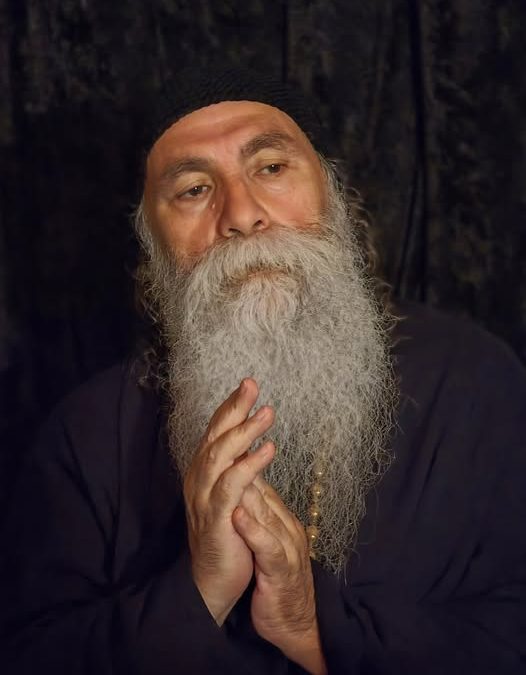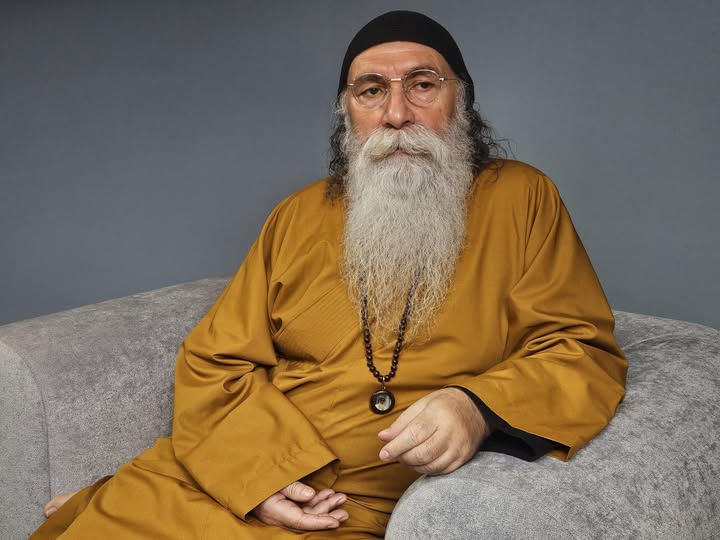
Knowledge and wisdom
“It would be absurd and misguided to deny the need for knowledge, information and education. Its architecture is clear, its exercise rigorous. It offers tools, data, documentation, statistics, defines frameworks, establishes languages. However, it also runs the risk of becoming crystallized: of repeating itself lifelessly, of separating itself from the existential. It is often exercised with formal perfection where there is no longer any involvement. Rhetoric can become defense: an elegant way of not saying anything, of not allowing oneself to be affected. In this use, knowledge does not reveal: it protects and shelters. The refined use of language—the ability to articulate ideas with formal correctness, to argue elegantly, and to construct carefully structured discourses—does not always respond to a desire for truth or an effort to access reality. In certain cases, it operates as a strategy of self-protection and justification: a sophisticated form of argumentation capable of avoiding subjective exposure. Not all discourse clarifies; some, on the contrary, are designed to keep at a distance what disturbs or makes uncomfortable. In many cases, good discourse aims more at information than at authentic transformation.
Wisdom does not follow these paths. It is not taught or transmitted as content. Nor is it confused with naivety or vague intuition. It is a way of being, a disposition that does not seek to possess certainties, but rather to hold one’s gaze without clinging. It does not organize or control. It participates. It does not delimit what it sees, it inhabits it.
For this vision to occur, emptying is necessary. Not of the world, but of the structure that holds it together: the separate self that names in order to dominate, that understands in order to secure. To strip oneself bare is not to renounce, it is to open oneself. And in that opening, something happens. Not by will, but by availability. Wisdom appears when knowledge is insufficient. When concepts are exhausted, when discourse stumbles.
Then a theory does not emerge, but rather a form of presence. It has been called silence, clarity, awakening. The name matters little. What matters is that it does not need to be affirmed: it is given. It requires no proof. It does not impose itself. It radiates. In the face of this evidence, even the most refined arguments lose their gravity. No argument can contain what exceeds all form.
While knowledge grows by adding and acquiring, wisdom emerges by letting go and surrendering. One builds itself up; the other strips itself bare. This difference is not merely epistemological. It marks an existential threshold. For knowledge is sustained by information, by memory. Wisdom, on the other hand, demands a more radical loss, the ontological death of Heidegger’s Dasein. Not biological, but symbolic. Dying to the self that commands, to the desire to explain, to the impulse to possess meaning and to succeed. Dying, in this case, is clearing away. And that clearing away allows something to show itself. When that happens, it does not appear as a concept or as a certainty. It is not communicated, it manifests itself. Like a nameless intensity. Like a flame that transforms without burning. It does not illuminate an object, but rather ignites the gaze.
It should be borne in mind that a blind person can acquire solid knowledge of painting through specific teaching methods, just as a deaf person can be rigorously trained in music through adapted resources. In both cases, despite never having seen a painting or heard a melody, both can teach classes, give lectures, and speak with authority in their respective fields. Likewise, there are many peddlers of superstitions and promoters of beliefs who promote doctrines, debate in public forums, and present themselves as authorities, without ever having had any real experience of what they proclaim. They speak fluently and debate the inexpressible, but they do so with empty hands; not out of modesty, but because they merely reproduce what they have learned intellectually, without any of the mystery having happened to them.”
Prabhuji


Recent Comments